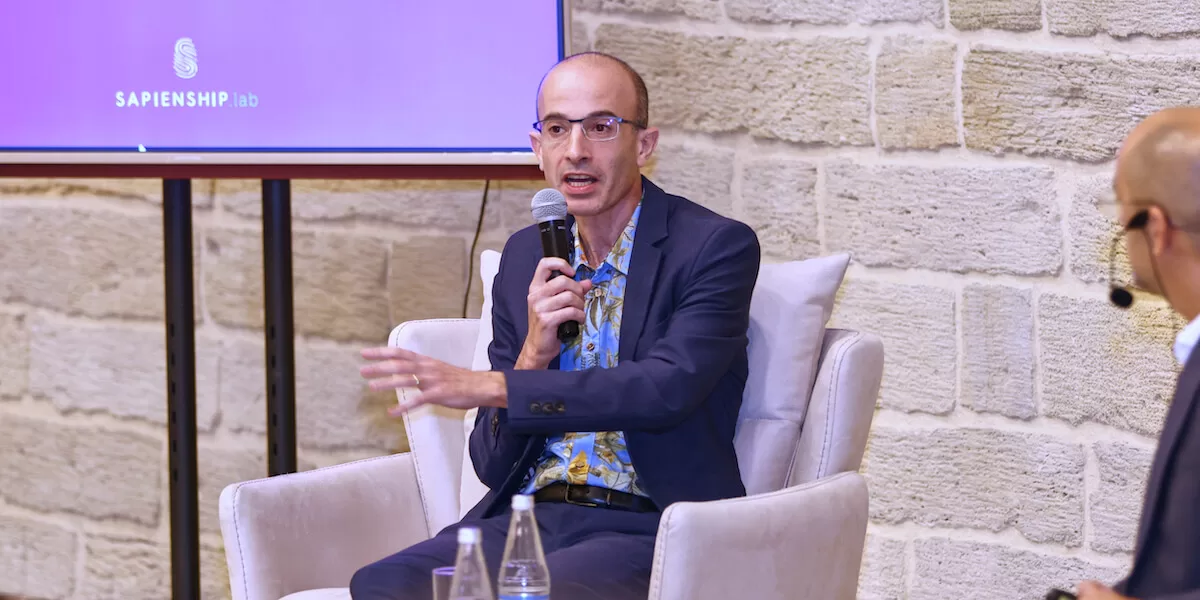A year ago, the city of Philadelphia invited an artist to design a statue of Harriet Tubman that would stand in front of City Hall to honor the abolitionist’s legacy and celebrate her connection to the city.
Then the complaints poured in.
Some incensed artists and community members argued that the city should have used a public selection process rather than awarding a commission, in part because the artist Philadelphia had selected was a white man.
The city ultimately responded by ending its partnership with the artist and issuing an open call for submissions. It received 50 applications and has recently unveiled five semifinalist designs, all created by Black artists.
Some say that artists should have the freedom to pursue their vision on any subject regardless of their race or ethnicity, while others believe that identity and expression are inextricably linked and that art about Black people should only be created by someone who has shared their history.
“We know the depth and value of our stories,” said Vinnie Bagwell, a 65-year-old artist from New York who is one of the five Black semifinalists for the Tubman statue. “It’s personal for us.”
Bagwell said she believed that Philadelphia made the right choice by reversing its agreement with Wesley Wofford, the white designer.
He, however, was dismayed by the public outcry. “Art is supposed to be a universal language that transcends gender, race and culture,” said Wofford, 51.
The idea of placing a Harriet Tubman statue in front of Philadelphia’s City Hall was inspired by a traveling statue that Wofford designed in 2017 after receiving a private commission. When he posted pictures of the statue online, he said, people responded enthusiastically and asked how they could see it in person.
So Wofford created an artist’s proof of the statue, called “Journey to Freedom,” that has since toured 17 American cities, starting with a visit to Montgomery, Ala., in February 2020. When it was displayed in Philadelphia from January to March 2022 in honor of Tubman’s 200th birthday, millions of people expressed their delight in the monument, said Kelly Lee, executive director of the city’s Office of Arts, Culture and the Creative Economy.
Lee’s office attempted to buy the statue but could not because the design was a private commission. Instead, the city decided to commission Wofford to design a new statue of Tubman for about $500,000.
The contract was being finalized when local artists and community members heard the news. Hundreds of people denounced the city for commissioning Wofford instead of opening a public process that would allow local artists, particularly those who are Black, to submit their work. Wofford, who grew up in rural Georgia and now lives in North Carolina, said that the critiques were mostly about his race and that he felt sidelined.
“I didn’t have much of a voice,” he said. “No one wanted to hear from me.”
Despite the criticism, some of Tubman’s relatives released a statement on the city’s website in support of the artist.
“Harriet Tubman worked with people of all races who were like-minded, and Mr. Wofford is like-minded,” they wrote. “Harriet Tubman stood for people of all races.”
Initially, the city also stuck with Wofford.
“Philadelphia would not be commissioning this permanent Harriet Tubman statue if not for the public’s positive response to Wofford’s temporary statue,” Lee told The Philadelphia Inquirer at the time. “It would be inappropriate for the city to bring in a different artist to recreate the artistic expression of Wesley Wofford.”
In August 2022, the city reversed course and publicly asked for new design proposals for the Tubman statue. In an interview with The New York Times, Lee said it was “critically important” to provide opportunities for artists of color to tell their own stories.
“The city just wanted to have a statue that everyone could be proud of,” Lee said. “So we made the decision to listen to the public again and issue an open call.”
The city has opened a public survey for people to vote on the five semifinalist designs until Friday night. The public feedback will be taken into account when a committee composed of members of Tubman’s family, historians, educators, public artists and other stakeholders selects the winning design in October.
Race was not a specific criterion in the selection process, Lee said. The city selected the five semifinalists, she said, by examining photos of the designs and asking the artists about Tubman’s importance.
“We looked at the artists who applied to ask about whether or not they reflected the diversity of the Philadelphia community,” Lee said.
Wofford said he considered entering the competition with one of his designs but thought he would have an unfair advantage because of his previous discussions with the city. He said he did offer a larger version of “Journey to Freedom” at cost if Philadelphia needed a fallback plan.
Bagwell’s design, “Harriet Tubman, City of Liberty,” shows a nine-foot-tall Tubman when she first arrives in Philadelphia at age 29, standing with her palms open to the sky. The untitled design from Richard Blake shows Tubman holding a lantern, a pistol tucked in her belt as she walks beneath the Liberty Bell.
“Together in Freedom,” a design by Tanda Francis, 45, depicts several silhouettes of Tubman over a keystone. An untitled design by Alvin Pettit shows Tubman bent in a praying stance as if she is leaning into the wind, and a design by Basil Watson, called “Keep Going,” depicts Tubman leading people escaping from slavery toward freedom.
Watson, 65, said that while he was glad a Black person would be designing the sculpture, it was still “unfortunate that we have to contemplate race when we are looking at these historical monuments.”
But Francis said it was only fitting that a Black person would be responsible for the city’s monument to Tubman.
“She’s an ancestor,” Francis said. “We should be telling our story.”





